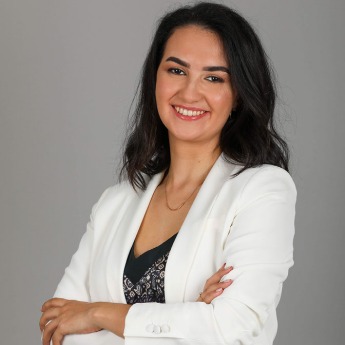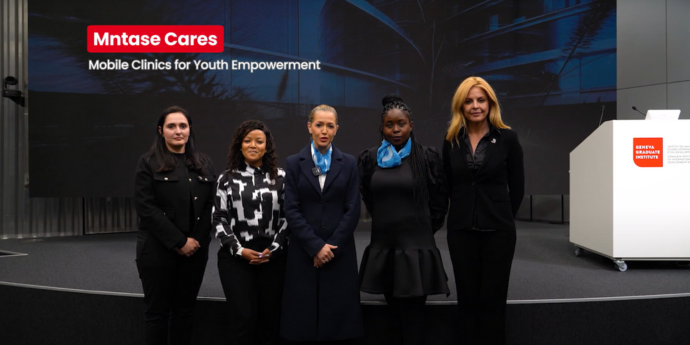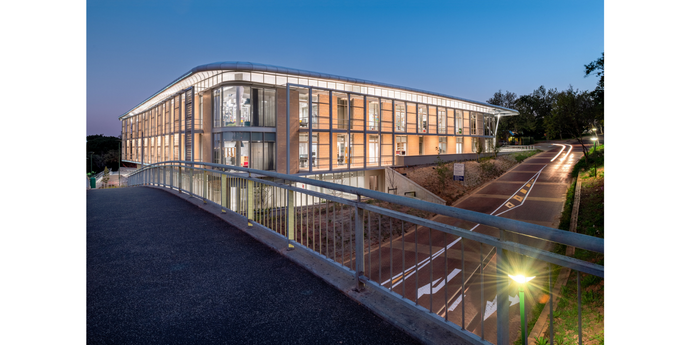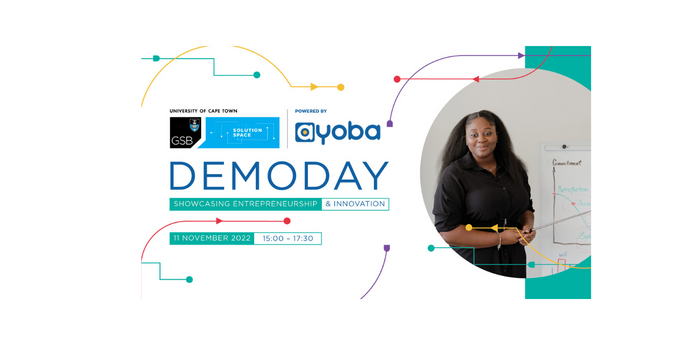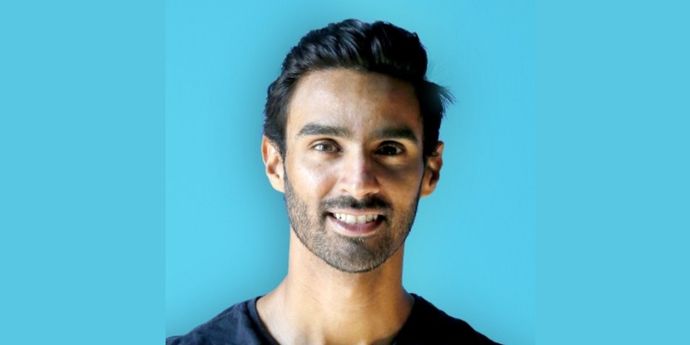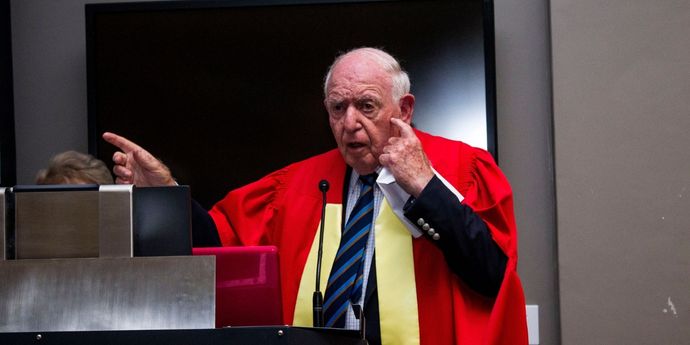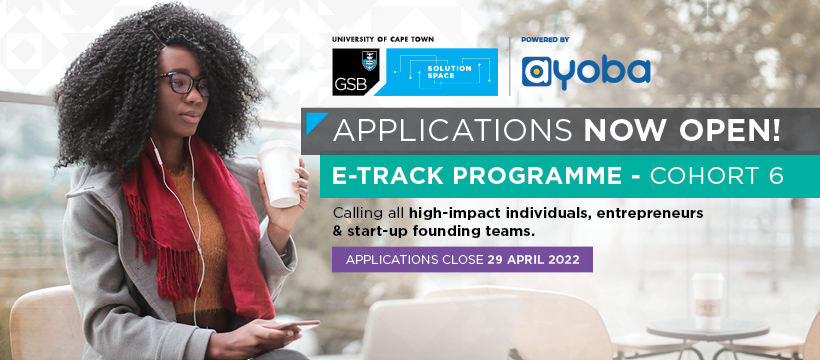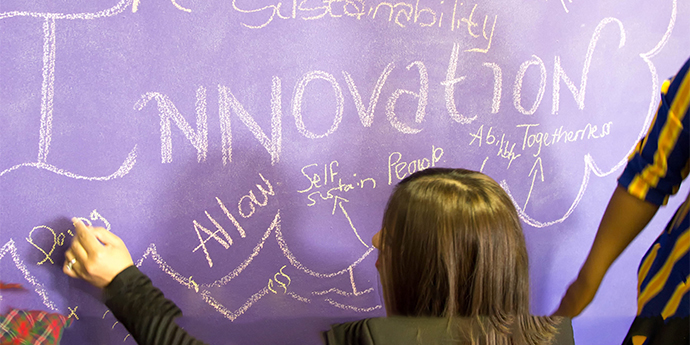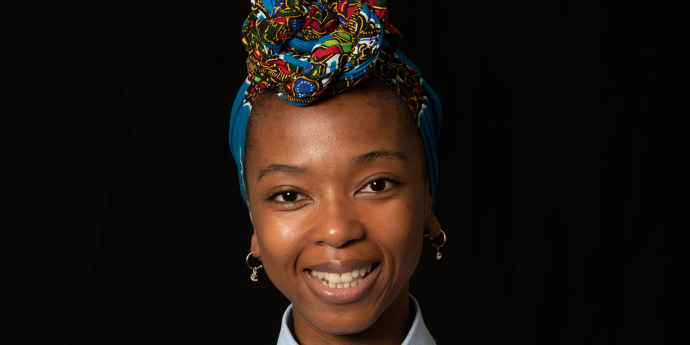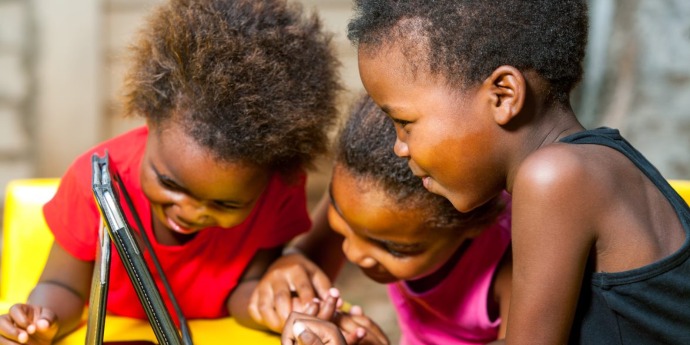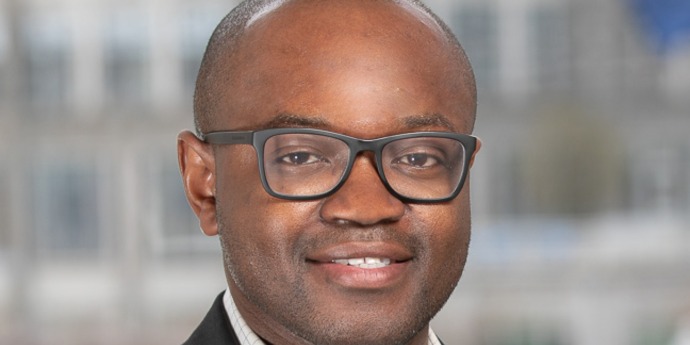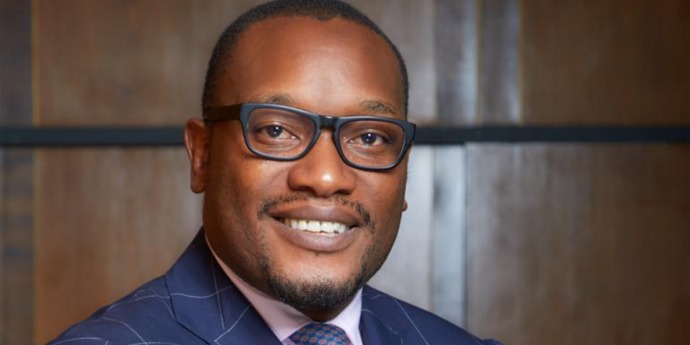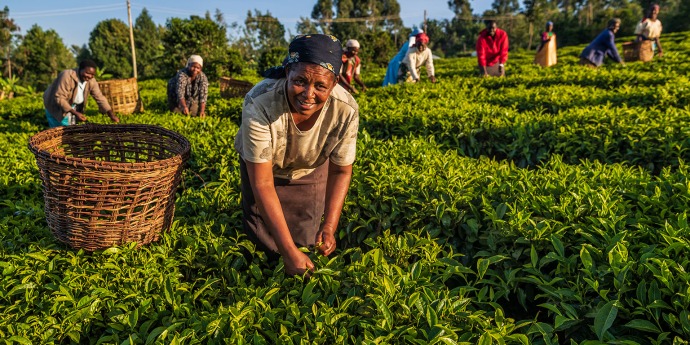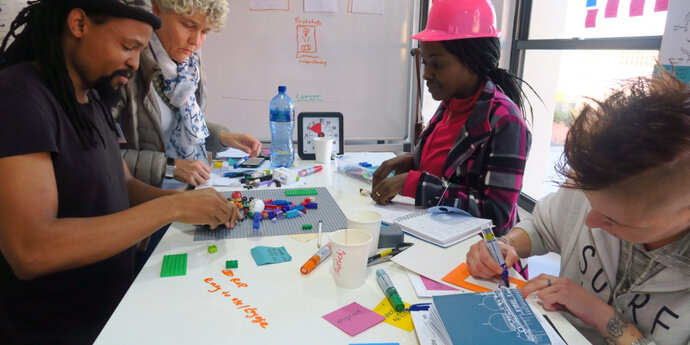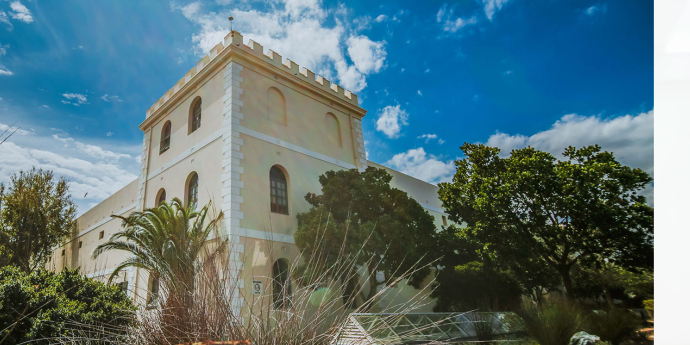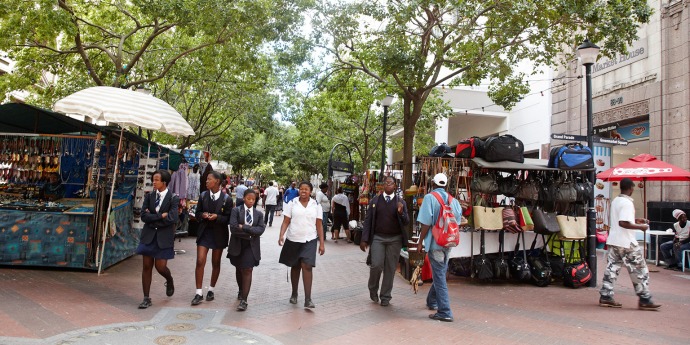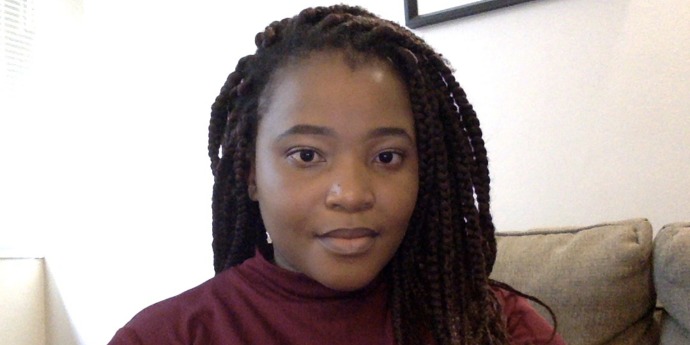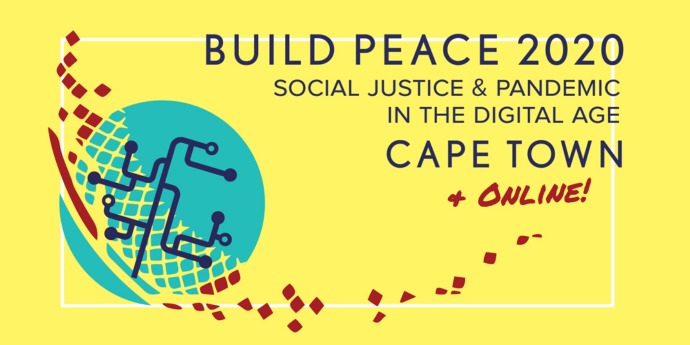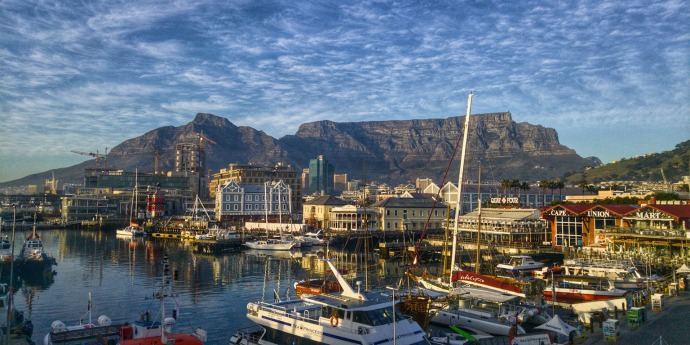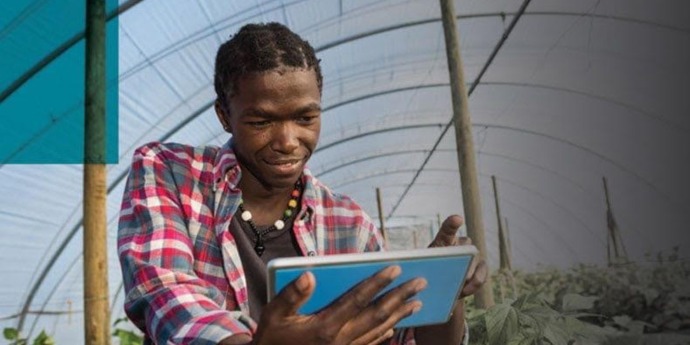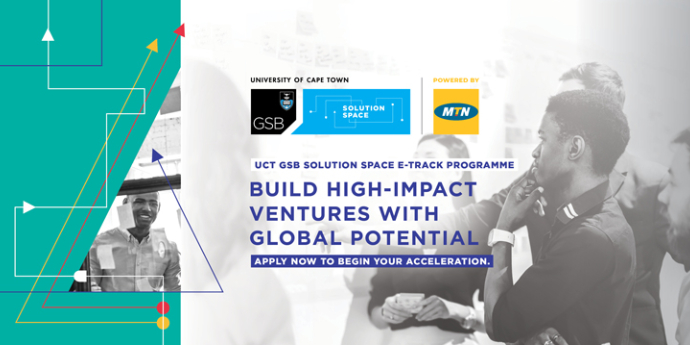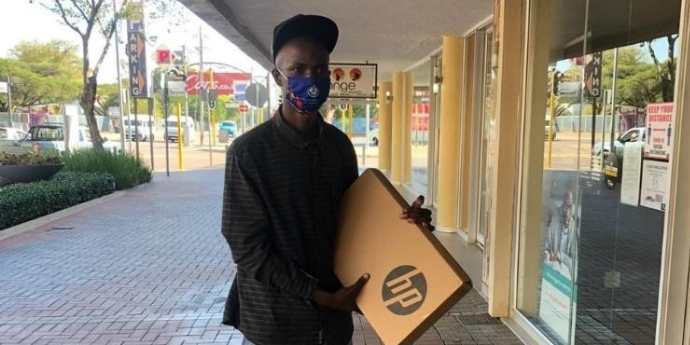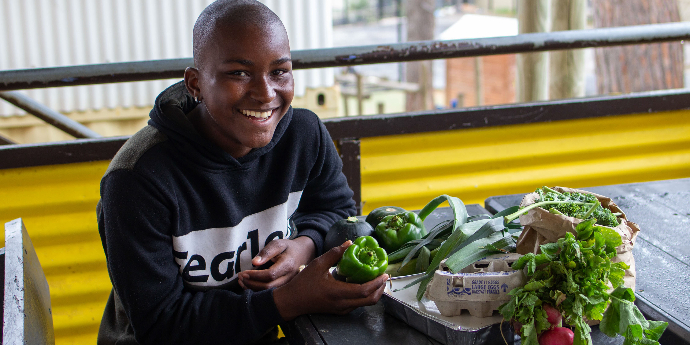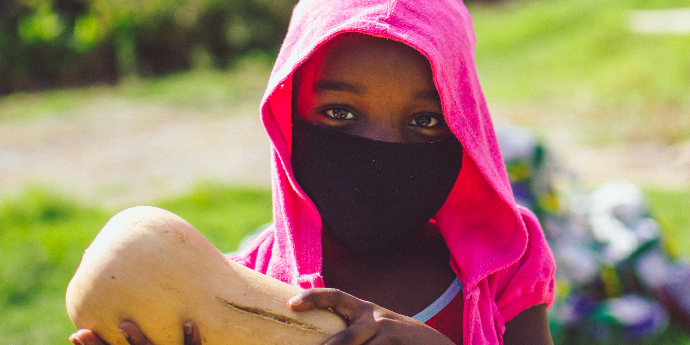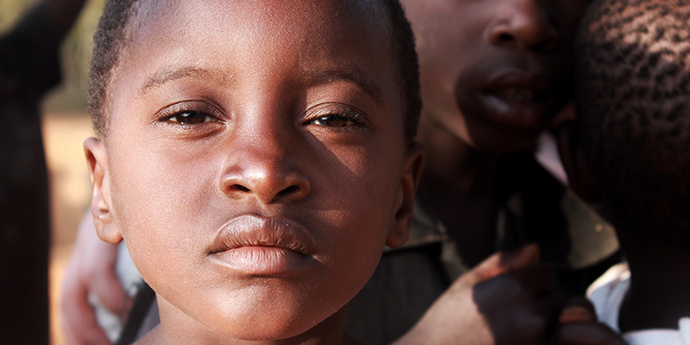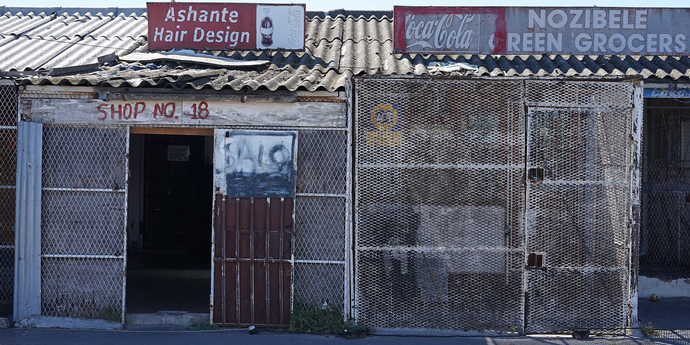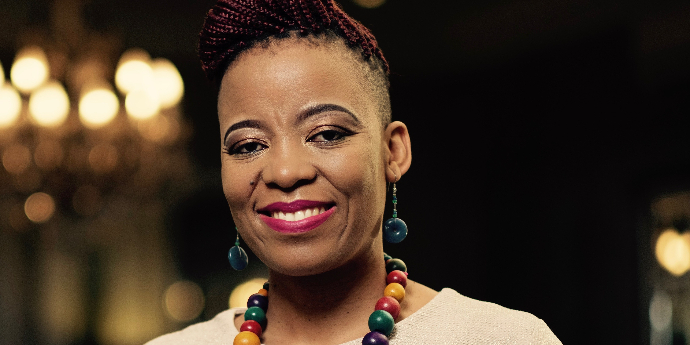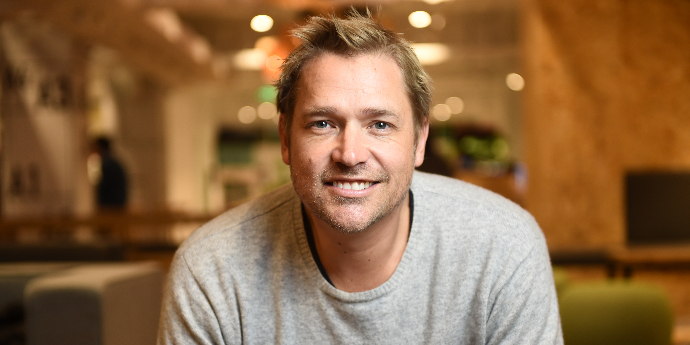Mouna Akefli is not one to conform. Passionate about building a more diverse, inclusive and connected continent, she is determined to shake things up and her role as marketing manager for Ericsson in West Africa and Morocco is giving her new opportunities to do so.
When her primary school teacher in Meknes, Morocco, asked what her dream job would be when she grew up, Mouna Akefli was the only girl in her class to say she wanted to be in business. “Throughout my life I’ve always tended to take the roads less travelled,” she jokes.
More than two decades later, as the marketing manager in West Africa and Morocco at multinational networking and telecommunications company, Ericsson, Mouna is on a mission to encourage more young women to do the same and enter the “male-dominated” ICT sector. Diversification, she believes, leads to strength. “Fortunately, we are starting to see more women taking on roles in the fields of science, technology, engineering, and mathematics (STEM), which is great,” she says, adding that it is important to keep momentum. “I believe that each and every one of us has a role to play in creating a more inclusive world, both within the business realm, and in society as a whole.”
For Mouna, this means calling out stereotypes and bias, cheerleading female peers, and encouraging young women to take a bolder approach to managing their careers. “Speaking up and voicing your goals and aspirations is very important if you want to conquer higher ranks,” she says
“Choosing to pursue my MBA at the UCT Graduate School of Business in South Africa in 2015 was another instance where I chose a road less travelled,” she says. “While the first higher education destination of Moroccan students remains France and Europe typically, I was keen to experience studying in Africa.”
And this choice paid off for her, cementing her career in marketing and leading to her current role.
“I fell in love with marketing because it’s a field that sparks both my analytical and creative personality sides.” Mouna says that the UCT GSB also opened her eyes to a greater focus on sustainability and social innovation, which, she notes, are vital facets when undertaking ventures in emerging markets.
These interests have converged in her current role where she works across 20 African markets to drive impactful customer experiences to support sales for sustainable growth at Ericsson. And she also feels privileged to be involved in work to bridge the digital divide on the continent. Lack of reliable and cost-effective access to data is one of the continent’s biggest obstacles to social and economic advancement, she believes.
In 2019, only 10 out of 45 African countries tracked by the Alliance for Affordable Internet were able to afford internet connectivity (defined as 1GB of mobile prepaid data costing 2% or less of the average monthly income). And the COVID-19 pandemic has only highlighted the urgency of closing this gap. “In extraordinary times like these, the value of fixed and mobile networks as the backbone of our society are more apparent than ever before,” she comments.
Ericsson is the first private-sector partner to make a multi-million-dollar commitment to the
Giga initiative, launched in 2019 by United Nations Children’s Fund (UNICEF) and the International Telecommunication Union (ITU), which aims to bring internet connectivity and technology to schools across 13 African countries. They are working to map the connectivity landscape for schools and their surrounding communities, as a critical first step towards providing every child with access to digital learning opportunities. In addition to funding, Ericsson will commit resources for data engineering and data science capacity to accelerate school connectivity mapping.
Closing the digital divide, investing in diverse African talent for the future and building more and better connectivity and network infrastructure are all of paramount importance for the future of the continent, believes Mouna. And while none of these will be easy to achieve, it will be worth the effort. “In a sense, we all need to take the road less travelled if we want to build a prosperous Africa where future generations can thrive.”

